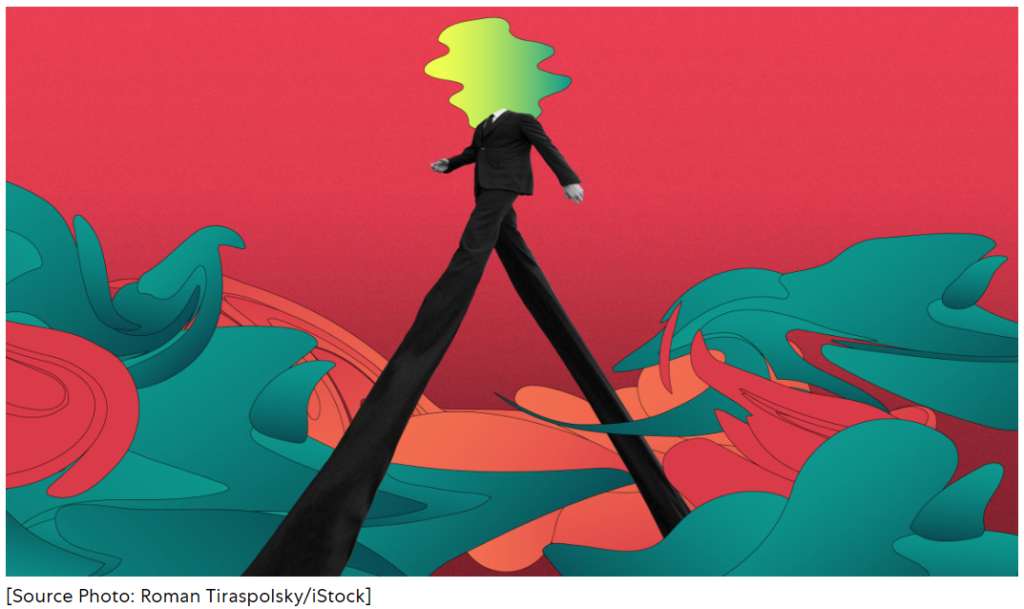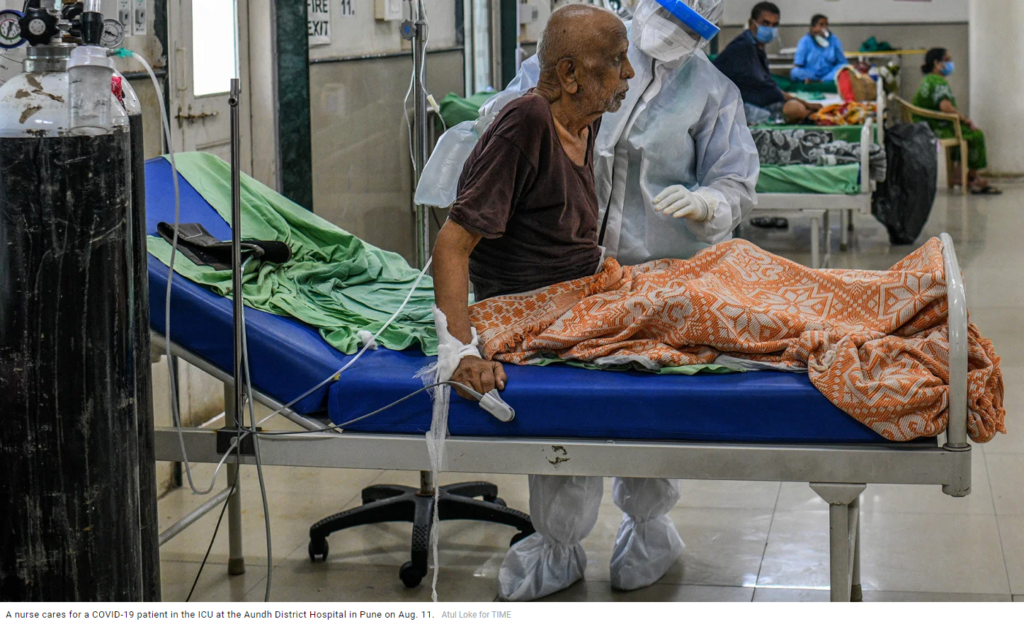
LAGOS/LONDON: Four months ago, Abolaji Odunjo made a fundamental change to his business selling mobile phones in a bustling street market in Lagos: He started paying his suppliers in bitcoin.

Aimee Hartley, like most people, thought she knew how to breathe – she had, after all, been doing it all her life. She had also given it plenty of thought, having trained as a yoga teacher. But then she took a lesson with a breathing coach, who told her where she was going wrong. He pointed out she wasn’t taking the air into her lower lungs but was, she says, an “upper chest breather. He then taught me this conscious breathing and I felt my lower belly open, and I felt myself breathing a lot better after just one session. So I then became fascinated by how we breathe.”

Uniswap is a set of computer programs that run on the Ethereum blockchain and allow for decentralized token swaps. It works with the help of unicorns (as illustrated by their logo).
Traders can exchange Ethereum tokens on Uniswap without having to trust anyone with their funds. Meanwhile, anyone can lend their crypto to special reserves called liquidity pools. In exchange for providing money to these pools, they earn fees.

Today most people do not get enough sleep. The Centers for Disease Control and Prevention (CDC) has called insufficient sleep an epidemic. While we are finally paying attention to the importance of sleep, the need for dark is still mostly ignored.

Robert Reich, the U.S. Secretary of Labor under Bill Clinton, tweeted Tuesday: “Capitalism is off the rails.” That was in reaction to a new report from the Economic Policy Institute (EPI), which found that the average CEO compensation in 2019 at one of America’s top 350 firms was $21.3 million, up by 14% from the year prior—and up 1,167% from 1978. A typical worker at one of these top companies now earns $67,000 per year.

With a white handkerchief covering his mouth and nose, only Rajkumar Prajapati’s tired eyes were visible as he stood in line.
It was before sunrise on Aug. 5, but there were already hundreds of others waiting with him under fluorescent lights at the main railway station in Pune, an industrial city not far from Mumbai, where they had just disembarked from a train. Each person carried something: a cloth bundle, a backpack, a sack of grain. Every face was obscured by a mask, a towel or the edge of a sari. Like Prajapati, most in the line were workers returning to Pune from their families’ villages, where they had fled during the lockdown. Now, with mounting debts, they were back to look for work. When Prajapati got to the front of the line, officials took his details and stamped his hand with ink, signaling the need to self-isolate for seven days.